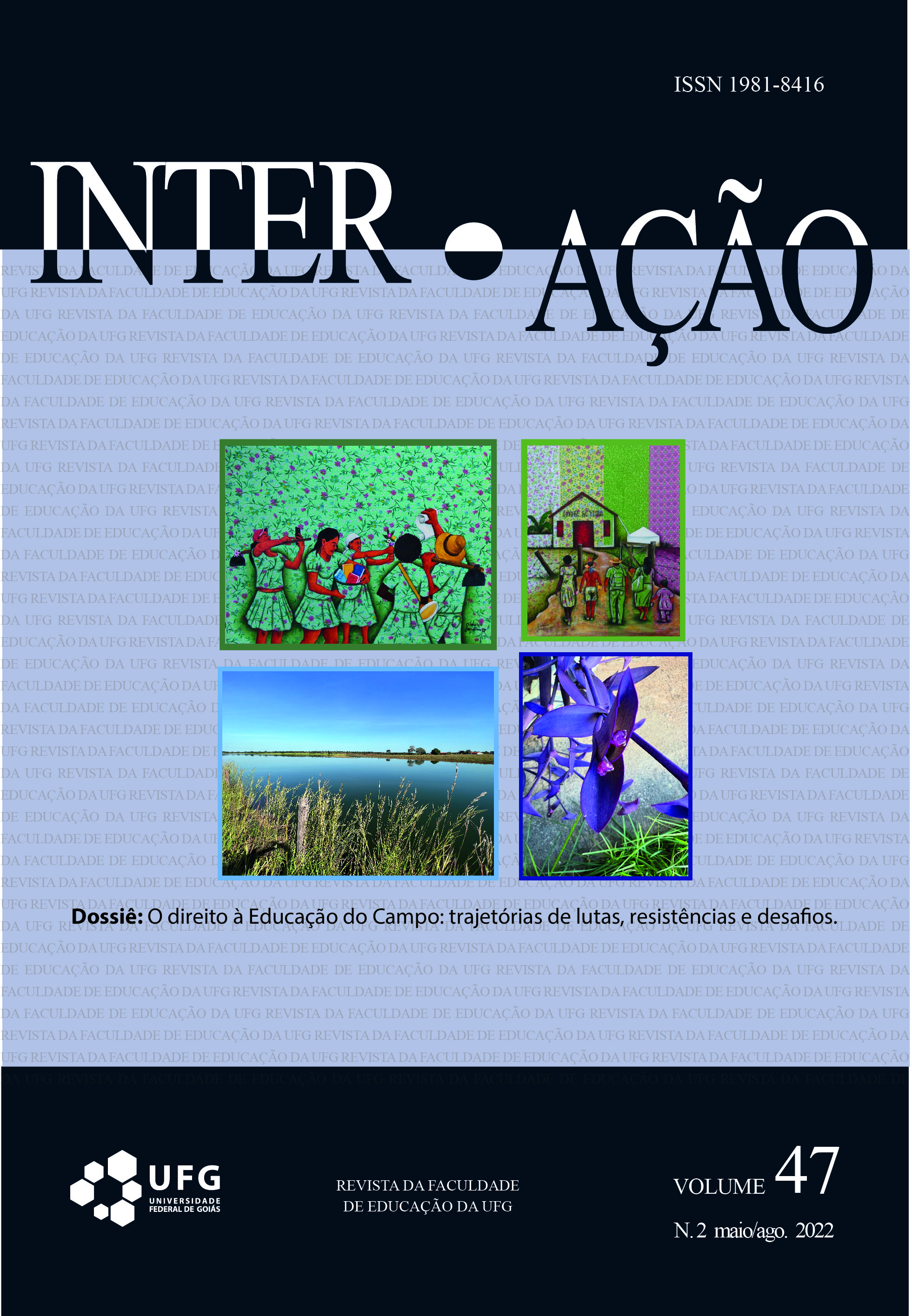THE RIGHT TO RURAL EDUCATION IN BASIC EDUCATION FINANCING POLICY: ADVANCES AND LIMITS BASED ON REDISTRIBUTIVE FUND POLICIES
DOI:
https://doi.org/10.5216/ia.v47i2.72167Abstract
In the last two decades, the basic education financing policy in Brazil has incorporated important redistributive mechanisms, aiming to reduce inequalities in the offer of education that compromise the guarantee of the right to education, in conditions of equity and quality. This article analyzes the guarantee of the right to education for rural people after the Fundo de Manutenção e Desenvolvimento do Ensino Fundamental e Valorização do Magistério, implementedin 1997, based on the value/student/year of Fundef, Fundeb and CAQ and data on the conditions of basic education in rural areas. Evidences are presented that the financing policy incorporated mechanisms of positive differentiation for education in the countryside, but they were not enough to improve the conditions of the offer of education.
KEYWORDS: Rural Education. Education Funding. Right to Education. Basic Education.
Downloads
Published
How to Cite
Issue
Section
License
Copyright (c) 2022 Cacilda Rodrigues Cavalcanti, João Paulo Marra Dantas

This work is licensed under a Creative Commons Attribution-NonCommercial 4.0 International License.
Inter-Ação uses the Creative Commons Attribution 4.0 License for Open Access Journals (Open Archives Initiative - OAI) as the basis for the transfer of rights. Open access means making documents available on the Internet free of charge, so that users can read, download, copy, distribute, print, search, or link to the full text of documents, process them for indexing, use them as input data for software programs, or use them for any other lawful purpose, without financial, legal, or technical barriers.
Authors publishing in this journal agree to the following conditions:
1) Authors retain copyright and grant the journal the right of first publication, with the work simultaneously licensed under the Creative Commons Attribution License, which permits redistribution of the work with attribution and first publication in this journal.
2) Authors are permitted to enter into additional, separate agreements for non-exclusive distribution of the version of the work published in this journal (e.g., for publication in an institutional repository or as a book chapter), with attribution and first publication in this journal.
3) Authors are permitted and encouraged to publish and distribute their work online (e.g. in institutional repositories or on their home page) at any time before or during the editorial process, as this may generate productive changes as well as increase the impact and citation of the published work.















